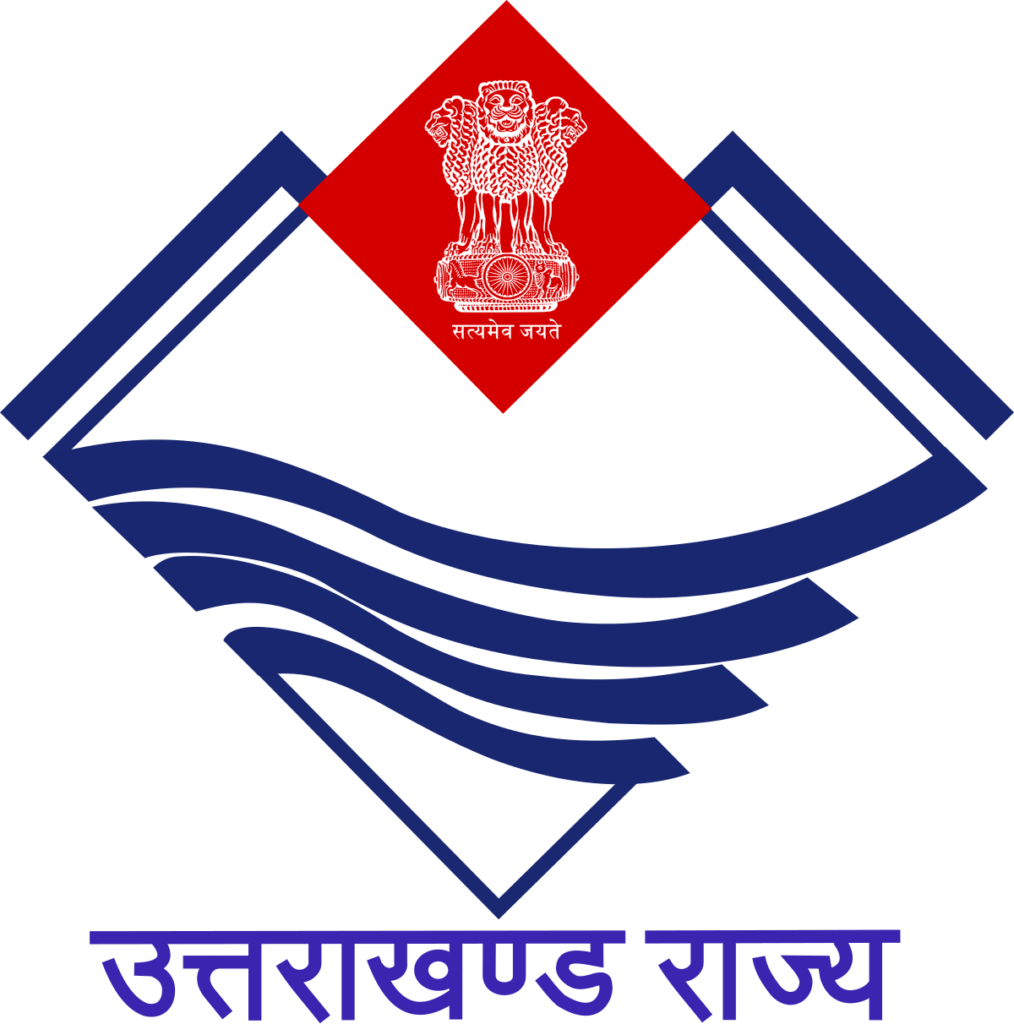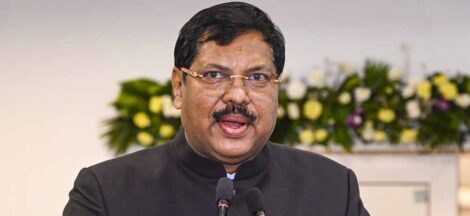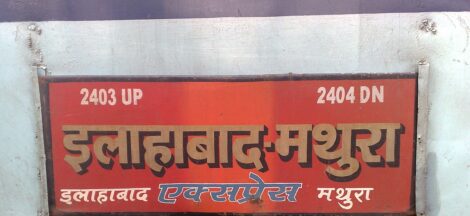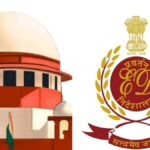The Uttarakhand High Court has issued notices to both the central and state governments, mandating responses within six weeks to public interest litigations contesting the state’s recently implemented Uniform Civil Code . The petitioners argue that certain provisions of the UCC infringe upon the fundamental rights of the Muslim community.
The PILs were filed by individuals including Almasuddin Siddiqui, brother of actor Nawazuddin Siddiqui, Suresh Singh Negi from Bhimtal, and Ikram from Haridwar. They contend that the UCC imposes restrictions on marriages within specific degrees of prohibited relationships, which are permissible under Islamic customs. The petitioners assert that such provisions are discriminatory and violate their constitutional rights.
Solicitor General Tushar Mehta, representing the government, defended the UCC’s stipulations. He highlighted that the code defines “degrees of prohibited relationships” to include close relatives such as mother, stepmother, daughter, and son’s widow. Mehta emphasized that regulating marriages among close relatives is essential for any civilized society. He further argued that unless a fundamental right to marry within such prohibited degrees is established, the petitioners’ challenge lacks merit.
The court has consolidated additional petitions challenging various aspects of the UCC, including those related to live-in relationships. One such petition, filed by Aarushi Gupta, disputes provisions concerning marriage, divorce, and live-in relationships, claiming they infringe upon citizens’ fundamental rights. The petitioners particularly contest the mandatory registration of live-in relationships and the associated penalties for non-compliance, arguing that these requirements breach the right to privacy guaranteed under Article 21 of the Constitution.
In response, Mehta contended that the UCC does not prohibit live-in relationships but seeks to regulate them through mandatory registration. He argued that such regulation ensures the legitimacy of children born from these relationships and provides deserted partners, especially women, the right to seek maintenance. Mehta cited instances where unregistered live-in relationships have led to women being deserted and children being left without legal standing.
Addressing concerns about the UCC’s exemption of Scheduled Tribes, Mehta clarified that the code does not apply to these groups due to specific constitutional protections. He asserted that Scheduled Tribes form a separate class under the Constitution, and therefore, the exemption does not constitute discrimination.
The Uttarakhand UCC, enacted in February 2024, aims to establish a unified set of personal laws governing matters such as marriage, divorce, adoption, inheritance, and maintenance for all residents of the state, irrespective of religion, gender, caste, or sex. Uttarakhand is the first state in India to implement such a code, a move described by Chief Minister Pushkar Singh Dhami as a “historic moment” for the nation.
The implementation of the UCC has sparked significant debate. Proponents argue that it promotes equality and national integration by eliminating discriminatory practices based on religion. However, opponents contend that it infringes upon religious and cultural rights, particularly those of minority communities. Muslim community leaders have expressed apprehension about the impact of the UCC on their personal laws, emphasizing concerns about safeguarding their cultural identity and traditions.
The court’s decision to seek responses from the central and state governments marks a critical juncture in the ongoing discourse surrounding the UCC. The forthcoming responses and subsequent hearings will play a pivotal role in determining the future trajectory of the UCC in Uttarakhand and potentially influence similar legislative considerations in other states.
As the legal proceedings unfold, the balance between uniform legislation and the preservation of cultural and religious diversity remains a focal point of discussion. The outcome of this case could set a significant precedent for the implementation of uniform civil codes across India, a nation characterized by its pluralistic society and myriad personal laws.
The Uttarakhand High Court’s engagement with this issue underscores the judiciary’s role in navigating complex intersections of law, religion, and individual rights. The court’s deliberations and eventual rulings will be closely watched by legal experts, policymakers, and citizens alike, given their far-reaching implications for the country’s legal and social fabric.
The petitioners’ challenge to the UCC highlights the ongoing tension between efforts to standardize personal laws and the need to respect India’s rich tapestry of cultural and religious practices. This case serves as a microcosm of the broader national debate on how to harmonize individual rights with collective cultural identities within the framework of a secular democracy.




 Supreme Court Criticises ED’s Detention Practices
Supreme Court Criticises ED’s Detention Practices 